Xiaoda Zhang
PanGu-Σ: Towards Trillion Parameter Language Model with Sparse Heterogeneous Computing
Mar 20, 2023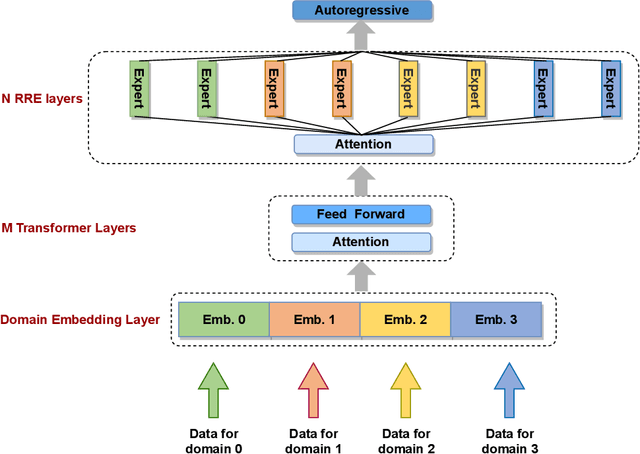
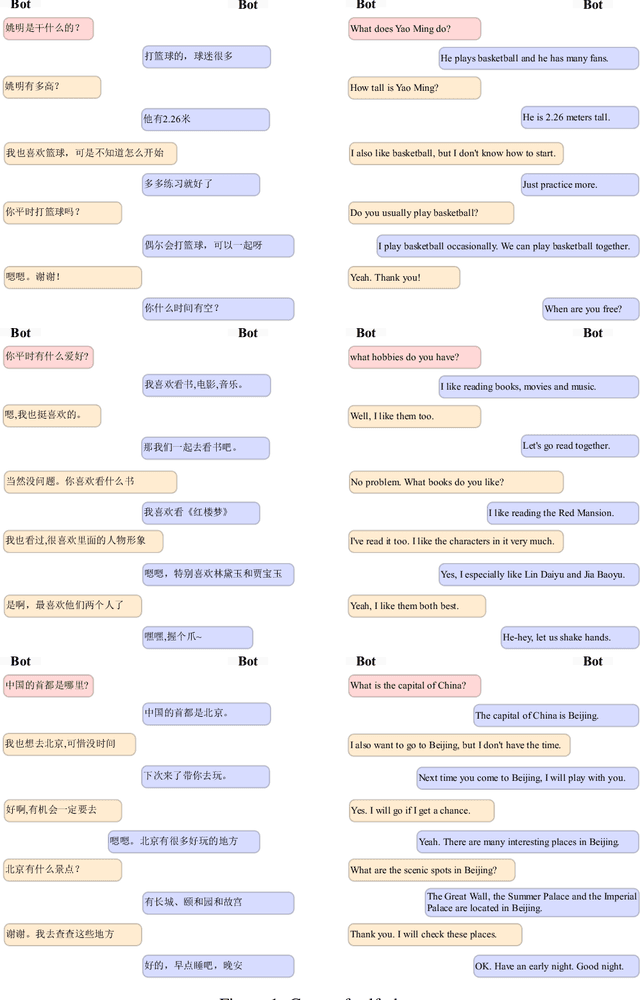
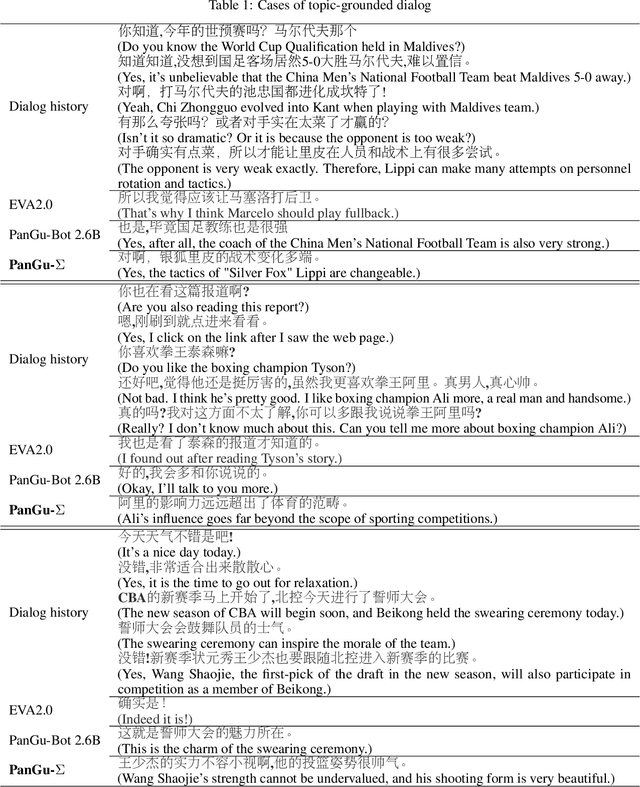
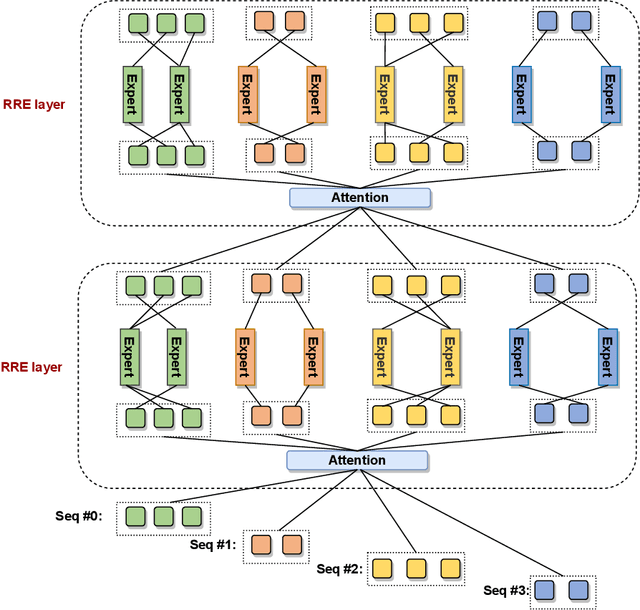
Abstract:The scaling of large language models has greatly improved natural language understanding, generation, and reasoning. In this work, we develop a system that trained a trillion-parameter language model on a cluster of Ascend 910 AI processors and MindSpore framework, and present the language model with 1.085T parameters named PanGu-{\Sigma}. With parameter inherent from PanGu-{\alpha}, we extend the dense Transformer model to sparse one with Random Routed Experts (RRE), and efficiently train the model over 329B tokens by using Expert Computation and Storage Separation(ECSS). This resulted in a 6.3x increase in training throughput through heterogeneous computing. Our experimental findings show that PanGu-{\Sigma} provides state-of-the-art performance in zero-shot learning of various Chinese NLP downstream tasks. Moreover, it demonstrates strong abilities when fine-tuned in application data of open-domain dialogue, question answering, machine translation and code generation.
PanGu-$α$: Large-scale Autoregressive Pretrained Chinese Language Models with Auto-parallel Computation
Apr 26, 2021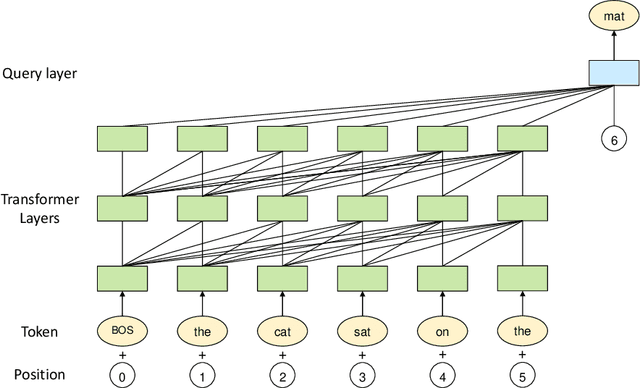
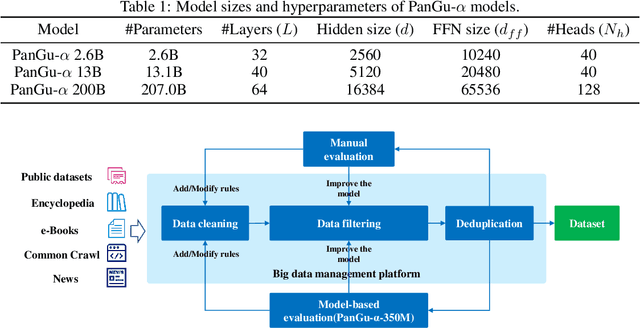


Abstract:Large-scale Pretrained Language Models (PLMs) have become the new paradigm for Natural Language Processing (NLP). PLMs with hundreds of billions parameters such as GPT-3 have demonstrated strong performances on natural language understanding and generation with \textit{few-shot in-context} learning. In this work, we present our practice on training large-scale autoregressive language models named PanGu-$\alpha$, with up to 200 billion parameters. PanGu-$\alpha$ is developed under the MindSpore and trained on a cluster of 2048 Ascend 910 AI processors. The training parallelism strategy is implemented based on MindSpore Auto-parallel, which composes five parallelism dimensions to scale the training task to 2048 processors efficiently, including data parallelism, op-level model parallelism, pipeline model parallelism, optimizer model parallelism and rematerialization. To enhance the generalization ability of PanGu-$\alpha$, we collect 1.1TB high-quality Chinese data from a wide range of domains to pretrain the model. We empirically test the generation ability of PanGu-$\alpha$ in various scenarios including text summarization, question answering, dialogue generation, etc. Moreover, we investigate the effect of model scales on the few-shot performances across a broad range of Chinese NLP tasks. The experimental results demonstrate the superior capabilities of PanGu-$\alpha$ in performing various tasks under few-shot or zero-shot settings.
 Add to Chrome
Add to Chrome Add to Firefox
Add to Firefox Add to Edge
Add to Edge